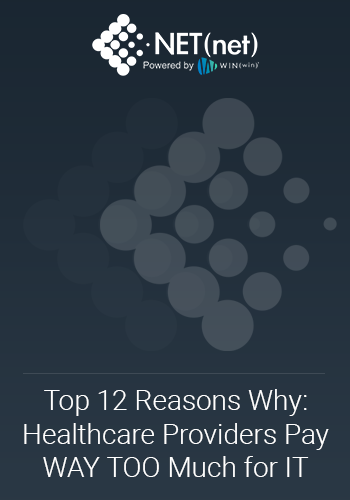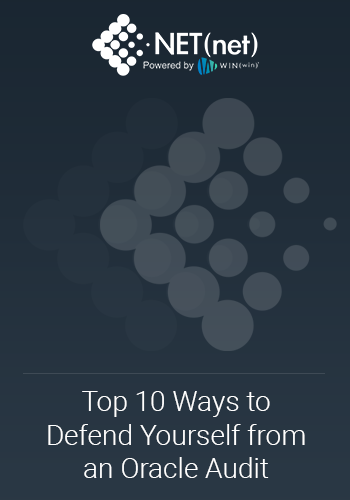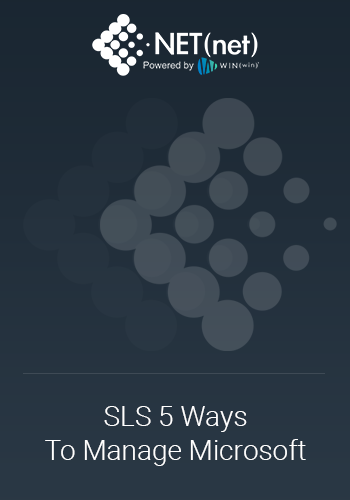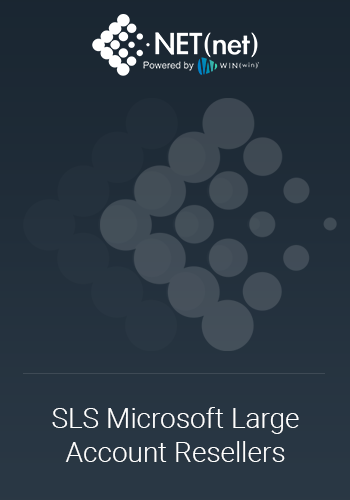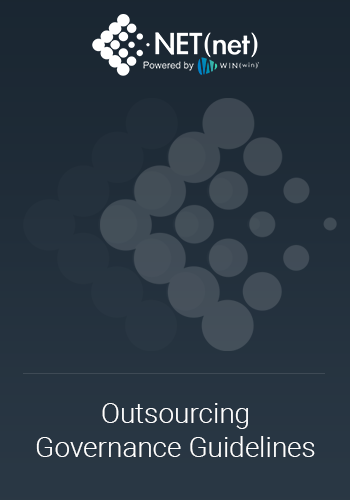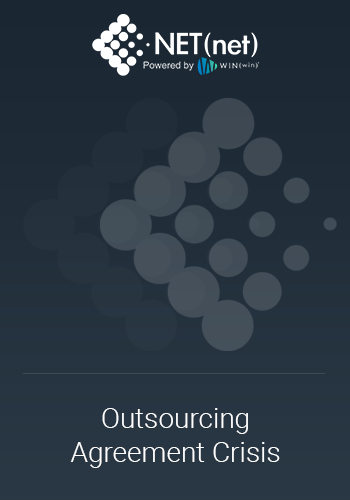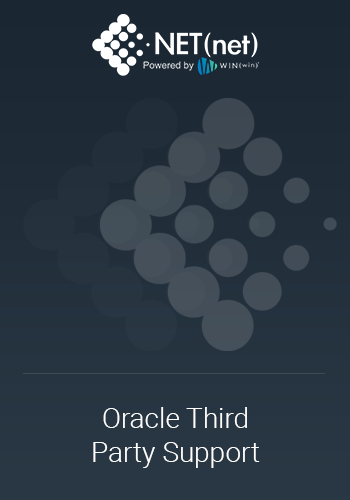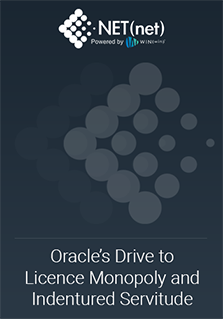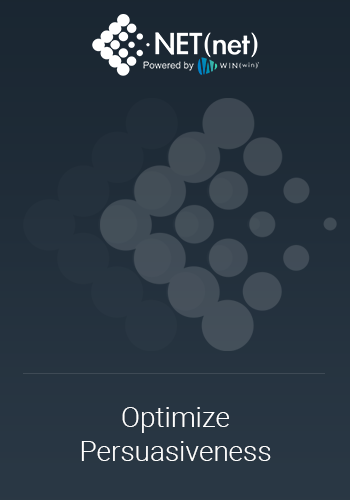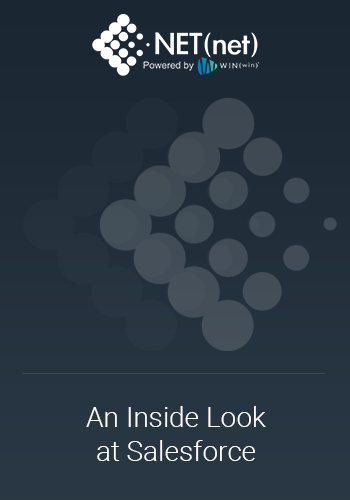Preface
Broadcom's recent acquisition of VMware has raised concerns among client organizations. In this blog, we will review what has happened and discuss the top five concerns that enterprises should have about this mega-acquisition along with five effective countermeasures that client organizations can take to protect themselves.
Immediately after Broadcom’s acquisition of VMware was announced, VMWare customers had five top concerns, specifically:
Top 5 Concerns:
- Price Increases - Broadcom has a history of raising prices after acquiring companies, and there is concern that it will do the same with VMware. This could make it more expensive for enterprises to use VMware products.
- Forced Packaging of VMware Products - Broadcom is known for its aggressive sales tactics, and to avoid the price increases for the most widely used products, there is concern that it will force enterprises to purchase VMware products that they don't want or need as part of packaged bundles. This could lead to increased costs and reduced flexibility for enterprises.
- Reduced Innovation – Broadcom is not exactly well known for its innovation, and there is concern that it will stifle innovation at VMware. This could lead to fewer new products and features being released, which could hurt enterprises that rely on VMware products.
- Loss of Customer Support – Broadcom has a reputation for poor customer support, and there is concern that it will provide inadequate support for VMware products. This could make it difficult for enterprises to get the help they need when they have problems with VMware products.
- Security Risks – Broadcom has a history of security breaches, and there is concern that it will not adequately protect VMware products from security threats. This could put enterprises at risk of data breaches and other security incidents.
Since the closing of the acquisition of VMWare, many of the concerns have become reality and at a scale that is hard to believe.
Introduction
Broadcom accomplished with the stroke of a pen what VMWare had been trying to do for several years, which is to convert all VMWare customers to subscriptions and broaden customer adoption beyond vSphere. On December 13th, less than 2 weeks after closing its acquisition of VMWare, Broadcom discontinued sales of perpetual licenses and, adding insult to injury, withdrew support for any perpetual licenses previously purchased from VMWare. The result is that anyone who wants to purchase support must purchase subscriptions which provide use rights and support.
As if that wasn’t disruptive enough, Broadcom also eliminated the ability to purchase its market leading hypervisor, vSphere. Instead, vSphere can only be acquired as part of a larger bundle. Going forward, VMWare only sells two products:
VMWare Cloud Foundation- vSphere Enterprise Plus
- vSAN Enterprise (1TB per core)
- Aria Suite Enterprise
- NSX Networking for VCF
- Aria Operations for Networks Enterprise
- SDDC Manager
- Select Support
- vSphere Enterprise Plus
- vSAN Enterprise (100GB per core)
- Aria Suite Standard
Broadcom also continued the transition from CPU based pricing to core based pricing that VMWare had initiated before the acquisition closed. The combination of all of these monopolistic and seemingly anti-customer changes results in a steep increase in cost for VMWare customers.
Broadcom touts that it has simplified the VMWare business model and slashed unit prices. While that is in fact a true statement, it is also an intellectually dishonest one as the new subscription bundles include several titles that were previously sparsely used; if at all. Customers should expect that their costs will more than double (if not quadruple) all other things being equal.
How can both of these statements be true? Well, legacy components of the VCF had a cumulative list price per CPU inclusive of a year of support totaling almost $49,000. The unit cost of VCF is $350 per core with a minimum of 16 cores per CPU resulting in the subscription list price of $5,600. Comparing the two, the VCF costs 88% less. Sounds great on the surface but very few, if any, VMWare customers bought all of the component parts of VCF and in the rare cases that they did purchase more than just vSphere, they purchased substantially less units of the non-vSphere products.
For vSphere only users who owned perpetual licenses and were therefore paying only for support, Broadcom’s changes result in an increase of 466% to purchase VCF to gain access to support and upgrades. You may say but that is list price, and no one pays list price. That is also largely true, but in addition to increasing costs, Broadcom has also stated that VMWare was far too generous with its discounting. While customers may not have ever thought that VMWare was generous with its discounting, the result is discounts from Broadcom will be pedestrian going forward. Most customers will struggle to get discounts of half of what they had previously.
The bottom line is that customers who purchase subscriptions from Broadcom for access to support and upgrades for their existing deployment will spend 150% more than what they were accustomed to paying under VMWare when it was stand alone.
In the most recent earnings call, Broadcom also announced that plans to divest VMWare's end-user computing portfolio along with its Carbon Black security software unit.
Countermeasures
1. Evaluate your VMware Usage – Client organizations should carefully evaluate their current and future use of VMware products to determine which products they truly need. This will help them avoid being forced to purchase products they don't need.
2. Proactively (Re)Negotiate your Contract – Client organizations are advised to (re)negotiate their contracts with Broadcom carefully to ensure that they get the best possible terms and conditions both commercially and contractually. This includes negotiating prices, discounts, and support agreements.
3. Diversify your Tech Stack – Client organizations should not rely too heavily on VMware products in the near term. They should also consider using products from other Suppliers to reduce their risk of being affected by Broadcom's acquisition of VMware.
Pro Tip: While IDC credits VMware with an 80% market share of the Hypervisor market, I believe there are 5 other viable competitive alternatives to VMware, that make up that other 20%:- Microsoft Hyper-V – 10%
- Citrix Hypervisor – 5%
- Nutanix AHV – 3%
- Red Hat Virtualization – 2%
- Oracle VM VirtualBox – 1%
4. Monitor your Security – Client organizations should closely monitor their security to ensure that they are not affected by any security breaches or other security incidents. They should also consider implementing additional security measures to protect their data and systems.
Pro Tip: NET(net)’s Dave Young says, In light of Broadcom’s spotty record on keeping acquired company solutions highly secure, client organizations should seek to protect themselves from data breaches and/or other potential security incidents by:- Using a firewall to block unauthorized access to your network.
- Using intrusion detection and prevention systems (IDS/IPS) to detect and block malicious traffic.
- Using antivirus software to protect your systems from viruses, malware, and other threats.
- Using strong passwords to prevent unauthorized access to your accounts.
- Keeping your software up to date by applying security patches that can help to protect your systems from vulnerabilities.
- Educating your employees about security so that they know how to protect themselves and your organization from the latest security risks.
- Staying informed about the latest news and developments related to Broadcom's acquisition of VMware to help make informed decisions about how to protect themselves from the potential risks of this acquisition.
Conclusion
Broadcom's acquisition of VMware has raised valid concerns among enterprises. By understanding the top five concerns and taking the top five recommended countermeasures, client organizations can protect themselves from the potential pitfalls that this acquisition represents and ensure the continued success of their operations.
6 Recent Articles that are Critical of Broadcom’s Acquisition of VMware:
1. CEO Jeff Ready: Broadcom-VMware Backlash Is ‘Blowing Up’ And Scale Computing Is Capturing It With A ‘Rip And Replace’ Programby CRN (January 26, 2024): The article discusses the backlash against Broadcom's acquisition of VMware and how Scale Computing is capitalizing on it. It talks about the frustration of partners and customers with Broadcom and how Scale Computing is offering a "Rip and Replace" program to move them to its platform. Scale Computing is seeing a surge in interest from partners and customers, with inquiries up eight to ten times year-over-year. The company is confident that it can provide a better experience for both partners and customers than Broadcom.
2. VMware Acquisition Raises Concerns About Innovation and Customer Choice" by The Wall Street Journal (January 18, 2024): This article highlights concerns from analysts and industry experts about Broadcom's track record of cost-cutting and focus on short-term profits, potentially stifling innovation within VMware. It also raises questions about Broadcom's commitment to open source software, a cornerstone of VMware's offerings.
3. Broadcom's VMware Buy: A Recipe for Stagnation? by Forbes (January 12, 2024): This article argues that Broadcom's focus on hardware and software integration could lead to a less open and flexible VMware platform, restricting customer choice and hindering competition. It also expresses concerns about potential job cuts and a decline in VMware's customer support.
4. VMware Acquisition: A Boon for Broadcom, a Blow to Enterprise IT? by CRN (January 10, 2024): This article focuses on the potential negative impact on enterprise IT departments, suggesting that Broadcom's focus on cost-cutting could lead to higher prices and reduced product development for VMware's enterprise solutions. It also raises concerns about integration challenges and potential disruption to existing IT infrastructure.
5. Broadcom's VMware Acquisition: A Cloud Land Grab? by The Motley Fool (January 9, 2024): This article takes a more skeptical view of Broadcom's motives, suggesting that the acquisition is primarily driven by a desire to control the cloud market rather than invest in VMware's technology. It raises concerns about Broadcom potentially leveraging VMware's technology to lock customers into its own cloud ecosystem.
6. VMware Acquisition: Deja Vu All Over Again? by TechCrunch (January 8, 2024): This article draws parallels between Broadcom's acquisition of VMware and its past acquisitions of CA Technologies and Symantec, both of which saw significant job cuts and product line rationalization. It expresses concerns about a similar fate for VMware and its employees, potentially leading to a decline in product quality and innovation.
These are just a few recent examples of articles critical of Broadcom's acquisition of VMware. It's important to note that there are also many articles and opinions supportive of the deal, highlighting potential benefits such as increased efficiency and cost savings. It's important to consider all perspectives and do your own research before forming an opinion on this complex issue.
About NET(net)
Founded in 2002, NET(net) is the world’s leading IT Investment Optimization firm, helping clients find, get, and keep more economic and strategic value in their technology supply chains. Over the last 20 years, NET(net) has influenced trillions of investment, captured hundreds of billions of value, and has helped clients cost and value optimize all major areas of IT Spend, including XaaS, Cloud, Hardware, Software, Services, Healthcare, Outsourcing, Infrastructure, and Telecommunications, among others. NET(net) has the experience you want, demonstrates the expertise that you need, and delivers the performance you demand and deserve. Contact us at info@netnetweb.com, visit us online at www.netnetweb.com, or call us at +1 (616) 546-3100 to see if we can help you capture more value in your IT investments, agreements, deployments, and relationships.
NET(net)’s Website/Blogs/Articles and other content is subject to NET(net)’s legal terms, offered for general information purposes only, and while NET(net) may offer views and opinions regarding the subject matter, such views and opinions are not intended to malign or disparage any other company or other individual or group.

